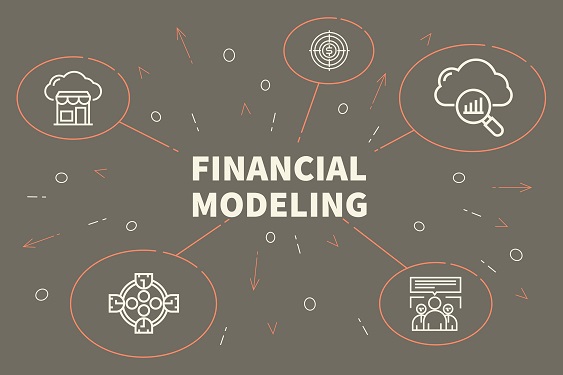The Long View: Our 17-Year Partnership with Holmberg Mechanical
Walk into Holmberg Mechanical’s Bellevue headquarters and you immediately sense momentum. The building is only a few years old — all glass, steel, and possibility — but what really animates the space is the feeling that this is a business looking ahead, not backward.
Jeff White bought Holmberg Mechanical in 2006, when it was a small, family-owned plumbing company with just 12 employees and a primarily public-sector footprint. He stepped into his new role with a bold vision for the future — but also, by his own admission, some significant gaps in financial leadership. “I was the everything man,” he recalls. “I was the tip of the spear on sales, I was operations, and I was newly part of the back-of-house work. A lot of it was new to me.”
Jeff knew the business needed more sophisticated financial guidance than he could provide alone. On the recommendation of his Vistage chair, he met with CFO Selections’ Kevin Briscoe — a meeting that would mark the beginning of a 17-year partnership.










